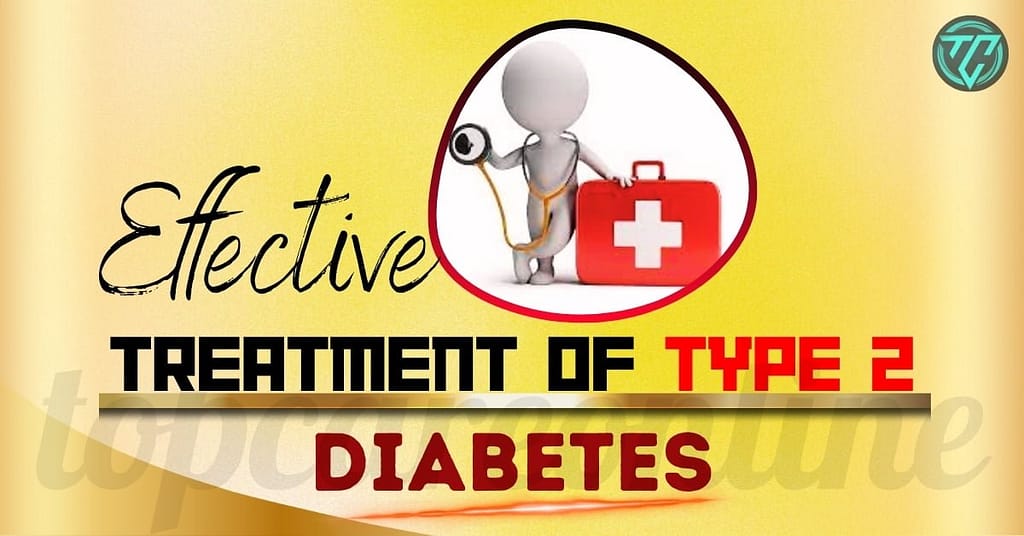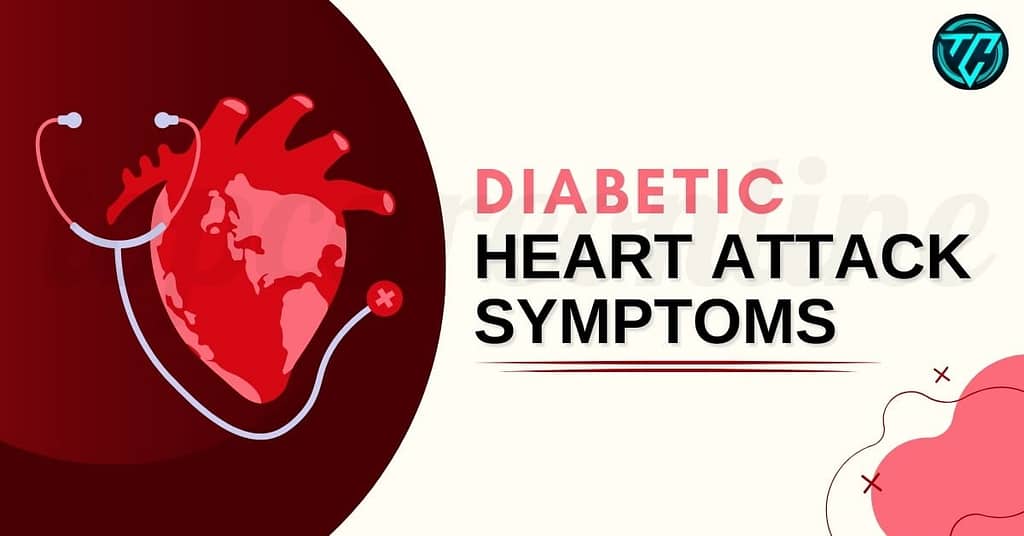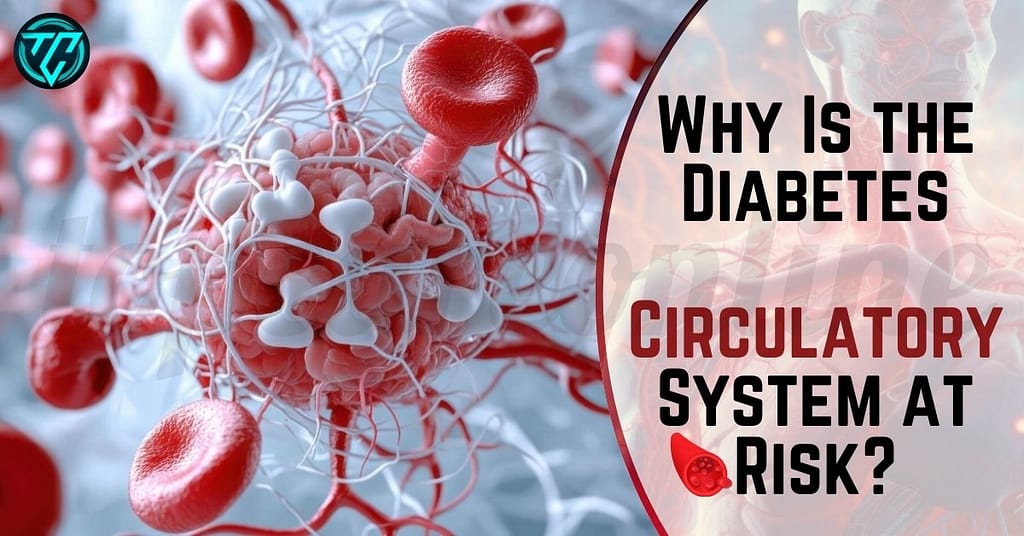Managing Type 2 diabetes and heart failure treatment simultaneously presents unique challenges. Both conditions often coexist, exacerbating each other’s symptoms and complicating treatment. For those navigating this dual diagnosis, understanding how to manage and treat these conditions effectively is crucial.
This guide offers a detailed overview of current treatment strategies, practical tips, and lifestyle changes that can help improve health outcomes and enhance quality of life.
What are Type 2 Diabetes and Heart Failure
Type 2 Diabetes: This chronic condition affects the way your body processes blood sugar (glucose). In Type 2 diabetes, the body either resists the effects of insulin—a hormone that helps regulate sugar in the blood—or doesn’t produce enough insulin to maintain normal glucose levels. Key symptoms include increased thirst, frequent urination, and fatigue.
Heart Failure: Heart failure occurs when the heart is unable to pump blood efficiently, leading to a range of symptoms such as shortness of breath, fatigue, and swelling in the legs and ankles. It can result from conditions that weaken the heart muscle, including high blood pressure and diabetes.
Relation Between Diabetes and Heart Failure
Diabetes and heart failure are closely linked, with each condition exacerbating the other. Here’s a breakdown of their relationship:
1. Shared Risk Factors:
- Obesity: Excess weight contributes to both type 2 diabetes and heart failure.
- Hypertension: High blood pressure is a common risk factor for both conditions.
- Poor Diet and Physical Inactivity: These lifestyle factors can lead to insulin resistance and heart problems.
2. Diabetes as a Risk Factor for Heart Failure:
- Insulin Resistance: High blood sugar levels can lead to damage in blood vessels, increasing the risk of cardiovascular disease.
- Inflammation and Endothelial Dysfunction: Diabetes promotes inflammation and affects the lining of blood vessels, which can contribute to heart failure.
- Diabetic Cardiomyopathy: Prolonged high blood sugar can lead to structural and functional changes in the heart muscle, leading to heart failure.
3. Heart Failure as a Complication of Diabetes:
Worsening Symptoms: Heart failure can complicate diabetes management and vice versa. For instance, heart failure can make it harder to manage blood sugar levels effectively.
Increased Risk: People with diabetes are at a higher risk of developing heart failure due to the cardiovascular effects of high blood glucose levels and associated conditions like hypertension.
Strategies for Type 2 Diabetes and Heart Failure Treatment
1. Lifestyle Modifications
- Low-Sodium Diet: Helps manage heart failure by reducing fluid retention and blood pressure.
- Balanced Diet: Focus on whole grains, lean proteins, and plenty of fruits and vegetables to manage blood sugar levels effectively.
2. Exercise:
- Regular Physical Activity: Engaging in moderate exercise, such as walking or swimming, can improve cardiovascular health and aid in diabetes management.
- Strength Training: Helps manage blood sugar levels and supports overall fitness.
3. Weight Management:
Achieving and Maintaining a Healthy Weight: Can significantly improve both diabetes and heart failure outcomes.
4. Monitoring and Regular Check-upsBlood Sugar Monitoring:
- Blood Pressure Control: Keeping blood pressure within the recommended range is vital for both diabetes and heart health.
- Cholesterol Management: Medications and dietary changes can help manage cholesterol levels, reducing cardiovascular risk.
Innovative Approaches and Emerging Treatments
The field of medicine is continually evolving, and new treatments and approaches are being developed. Some promising areas include:
- Digital Health Tools: Apps and wearable devices that help monitor blood glucose levels and heart health.
- Personalized Medicine: Tailoring treatments based on genetic information to improve efficacy and reduce side effects.
Empowering Your Health Journey
Managing Type 2 diabetes and heart failure requires a proactive and informed approach. By understanding the interplay between these conditions and implementing effective treatment strategies, you can take control of your health and improve your quality of life. Regular communication with your healthcare provider, adherence to prescribed treatments, and making healthy lifestyle choices are key to successful management.





